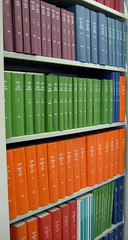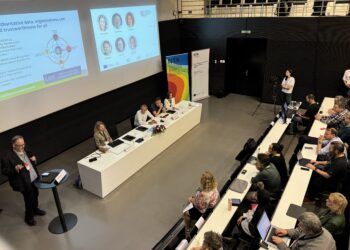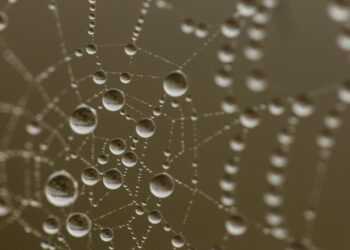
Image by diylibrarian via Flickr
Are online journals good for science? It depends on who you ask, and what you mean by science.
This summer I covered an article claiming that more online access to the scientific literature may result in fewer articles being cited. Several weeks later, I reported on another paper claiming just the opposite, that citation diversity is in fact increasing.
In the November/December issue of D-Lib Magazine, veteran library and information science researchers Carol Tenopir and Don King enter in on the debate. Their article, Electronic Journals and Changes in Scholarly Article Seeking and Reading Patterns summarizes decades of survey research on the reading behavior of scientists.
What is clear from their data is that scientists are reading more articles from more journals. On face value, this would seem to imply that scientists would be citing a greater diversity of articles. On the other hand, Tenopir and King also report that scientists are using searching tools, citations, and people more often to help them decide what to read. This would imply that scientists are becoming more focused in their information seeking behavior, which would lead to a reduction of citation diversity.
Can scientists be reading more but citing less? Yes, conclude the researchers, if we consider that reading has greater purpose than just citation. We should not forget reading for the purposes of current awareness and teaching. Electronic journals may allow for both greater diversity of reading and more focus in writing. They write:
Scientists read many articles for every one that they cite. Choosing the best article to cite may be subject to peer pressure in the form of choosing more often to cite those that are cited by others. Following citation links in electronic journal articles may have proportionately more influence on citation behavior than reading behavior.
Are online journals good for science? If we consider that they may enable more articles to reach readers and help focus the citation behavior of authors, then the answer is clearly yes.
Discussion
1 Thought on "Scientists Reading More, Citing Less"
![Reblog this post [with Zemanta]](http://img.zemanta.com/reblog_e.png?x-id=c1dd233b-c34a-4003-b3d6-7a8f5aaacda2)


